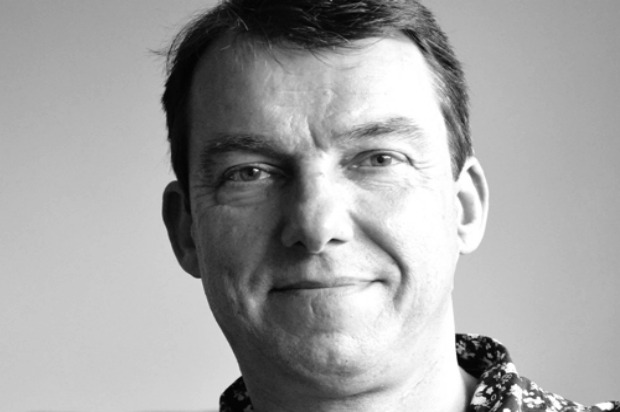Anyone with an interest in marketing can tell you that virtual reality (VR) is one of the hot topics in the marketing press.
I’d like to draw your attention to two notable events that shed light on where VR is taking this industry. One is the recent launch of Nokia’s OZO VR camera. Priced at $60,000, Nokia is betting the farm on carving out a big stake of the VR production market. The other event occurred two years ago, when Mark Zuckerberg bought Oculus VR in 2014 for $2bn. He said at the time: "By feeling truly present, you can share unbounded spaces and experiences with the people in your life… One day, we believe this kind of immersive, augmented reality will become a part of daily life for billions of people."
He is right. It is going to happen. If I was running an experiential agency right now, my focus would be on the fact that VR is heading my way like a freight train. When your whole world is about to be turned upside down, you need to make sure your agency is part of the group that wins, not one of the agencies that sink without trace.
So yes, this is a defining moment. There is all to play for, in a pattern that we have actually seen before in the evolution of the events industry.
Marketing through the medium of live events has historically been a prisoner of economics. Money invested versus reach and return. However brilliant the experience, there was always a finite reach. A reach measured in thousands never cut it when the client’s ad agency was talking audiences in millions. And so experiential agencies were constantly complaining about ‘activating someone else’s strategy’, on a budget left over after the more ‘important’ media channels had been funded.
Then the economics of events began to change. It started with social media. Suddenly, events were capable of generating reach beyond the attendee base, in significant (sometimes astonishing) volume. The role of events was changing. No longer just about what happened on the day, events could now generate shareable content, and so extend the reach, duration and ROI of the event.
A good early example was the work for Volvic at Tough Mudder. The experience was a Volvic hot tub, which I am sure you will agree is a truly awesome and valued treat after the muddy hell. A limited number of people enjoyed it, but wow did they share it, and the social reach was amazing. This flouted the conventional wisdom that if you’re going to put on an event, then job one is to get as many people as possible to experience it on the day.
And now there is VR. If you think the advent of social media changed the economics in favour of experiential, you ain’t seen nothing yet.
Imagine a world in which anyone could feel truly present (to borrow Zuckerberg’s phrase) at your event, without actually having to be there. Enabling you to engage in a powerful way with your customers, your partners, your staff… any audience at all, and with minimal on-cost.
What impact does that have on the economics of experiential marketing? If you believe that engaging your audience in a way in which they feel truly present trumps showing them something where they are just a spectator, or viewer, you’ve got to be excited about where this industry is going.
Furthermore, let’s not forget that VR is also used for training - for example, the MOD is saving millions by training people in ‘virtual’ tanks and aircraft. It is also present in medicine. You probably saw the recent story about it being used to help patients suffering from paranoia "to re-learn that they are safe" (the words of Prof Daniel Freeman, University of Oxford). Learning, re-learning, changing behaviour… when you start to bring that level of functionality into an event environment, you have a game-changing opportunity.
This is the moment to reframe experiential within the hierarchy of agencies. This is your moment to construct a whole new argument in favour of experiential marketing, and help clients understand what the future looks like.
Read Shaun's last blog:
Comment below to let us know what you think.
For more in-depth and print-only features, showcases and interviews with world-leading brands, don't miss the next issue of Event magazine by .


